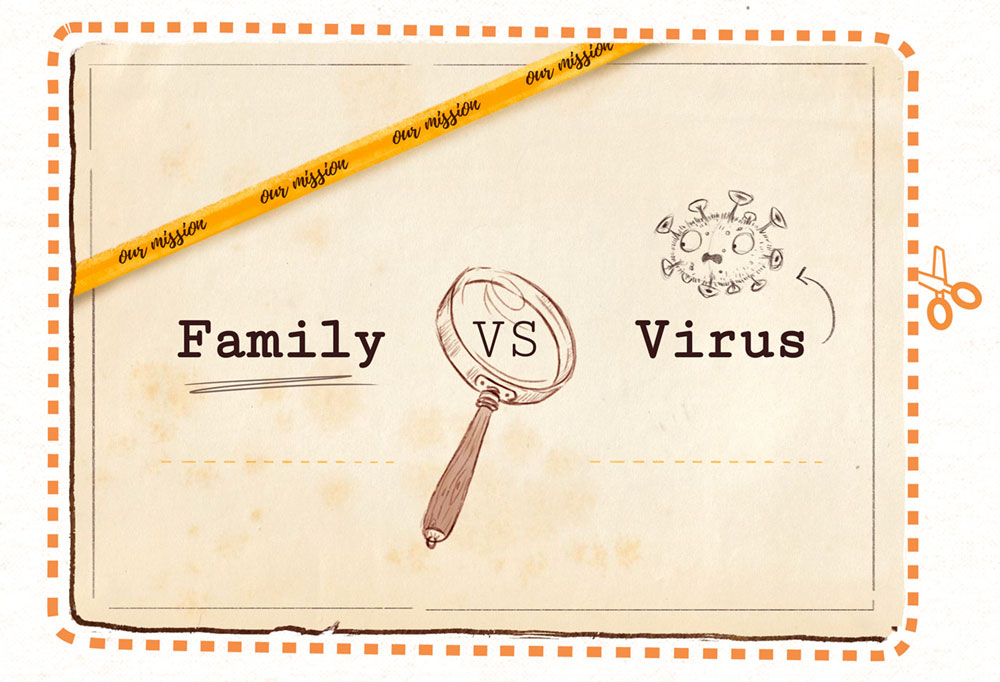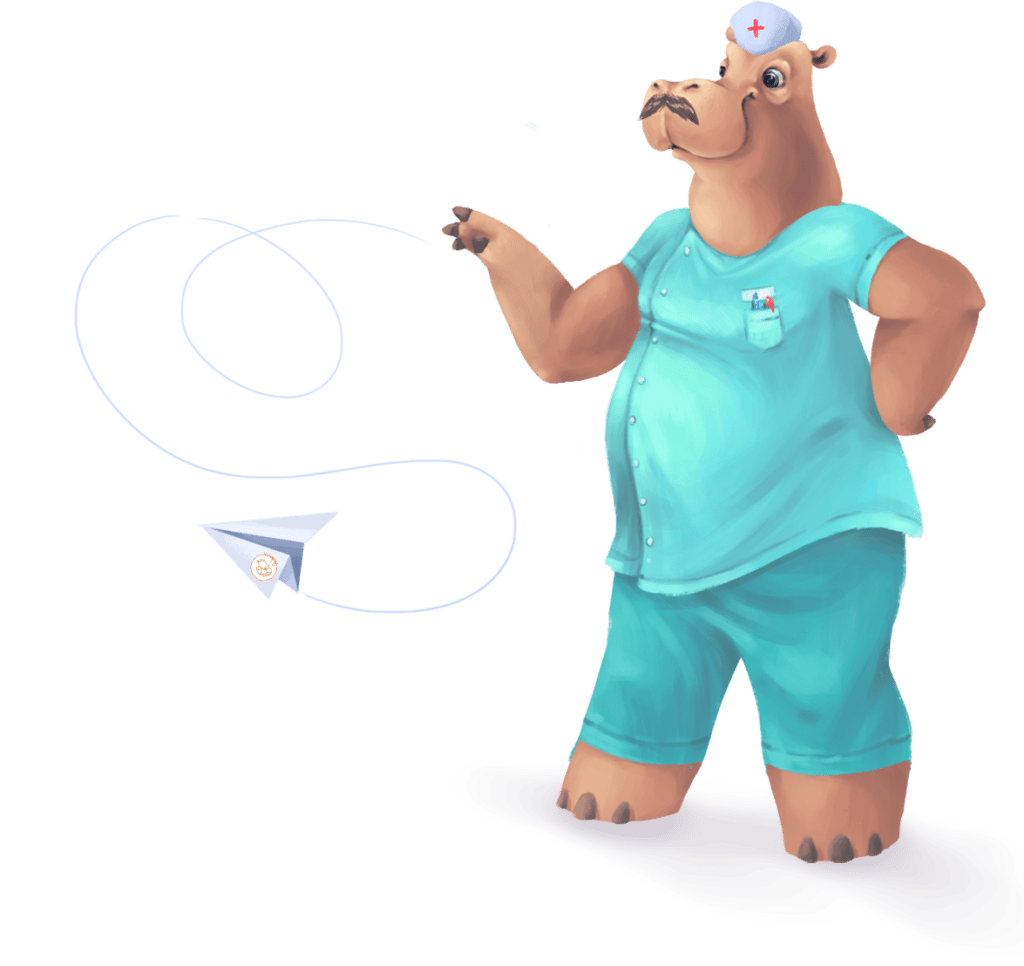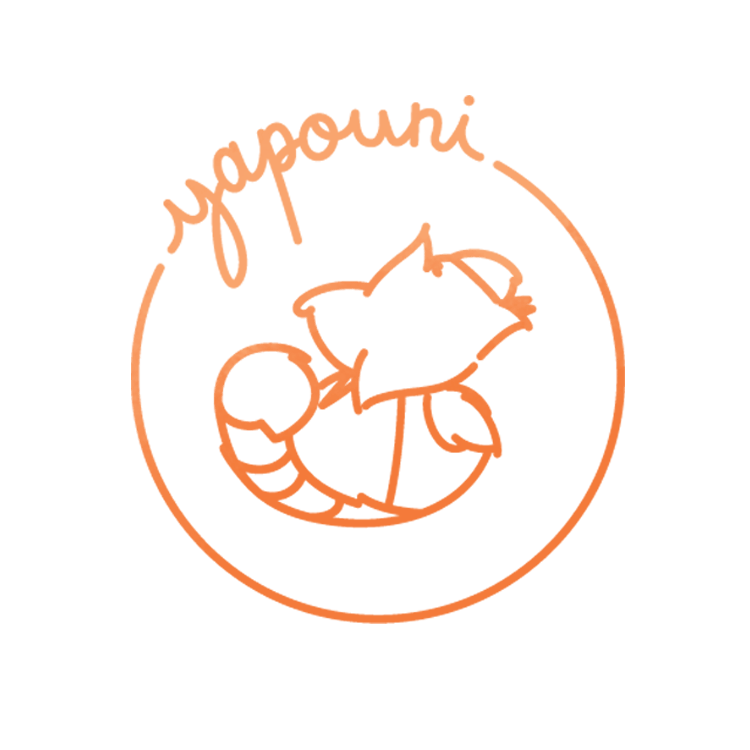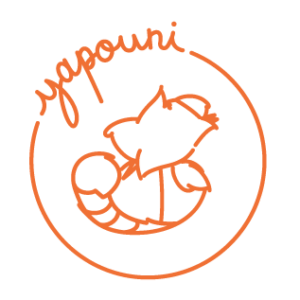Foster your child’s participation in the face of the coronavirus – Part I.
COVID-19 can make us feel very powerless. Your child may have a similar experience.
How can we turn this helplessness into motivation, into a desire for change ?
In psychology, the theory of self-determination tells us that, in child development, focusing on autonomy, competence and the need to connect with others is particularly beneficial. The current crisis threatens these three needs: Children, confined with their parents, can become more dependent on them. They have only one or two authority figures to refer to, which can undermine their autonomy. Without school, the need to surpass themselves and to learn, essentially to feel competent, is undermined. Finally, the need to connect with others is undermined by isolation. In this post, we will focus on the first two needs, the feeling of competence and autonomy.
A lot of research shows us that supporting independence promotes a greater sense of competence, greater motivation, better mental health and well-being, among many other things. Supporting independence does not mean being permissive or negligent, but rather encouraging your child’s initiative and participation. So a structure that frames and recognizes your child’s ideas is entirely appropriate. Here are some examples and tools for setting up such a structure.
Make a game out of the situation
It’s a matter of changing perspective, of fighting your child’s feeling of powerlessness by asking for his or her active participation. You can suggest challenges to your child, concrete actions he can take to help you fight the virus together. If your child needs reassurance in this time of crisis, he also needs to feel useful.
1.Create a playful environment
Create a game adapted to your child’s interests. For example, he can be a knight, a secret agent, an adventurer or a superhero, who has several “weapons” to fight the virus.
Tip :
Create your M.I.S.S.I.O.N card

Together find a nickname for this virus. Naming it will help you to dedramatize it… don’t hesitate to make funny and wacky suggestions !
2. Weapons, ammunition, powers, … to fill your M.I.S.S.I.O.N !
Tell your child that your sword, magic wand, kryptonite, … is SOAP !
Your family’s missions are thus the following ones :
• Wash your hands for 20 to 30 seconds
Tip :
Do you have an hourglass in one of your board games ?
If so, take it out and put it next to the sink. This can be a fun way to give your child a sense of time.
The game could be to manage to stop washing your hands right when the sand or time (if you use your phone) has run out.

• If you sneeze, do it in your elbow or in a tissue, do not touch your mouth or eyes, etc.
Tip :
Introduce a “currency”.
Bubble tokens to collect and save.

Every time your child thinks of making a “barrier gesture”, he or she wins a bubble (see the “The right gestures” poster –https://yapouni.com/en/talking-about-the-coronavirus-with-children-yapounis-fun-toolbox-and-recommendations/),
Depending on your child’s age, offer a reward every 5 to 15 bubbles. First of all, establish the value of a reward (5/10/15 bubble tokens = one reward). Then define them with your child (e.g. choose the movie of the day, cook my favourite dish with mum and dad, etc.).

• Staying at home
…And complete one collaborative assignment a week?
Tip :
If you are a family :
– of knights, you could make and paint shields, swords or build a cardboard castle.
– If you’re a family of secret agents, you could invent your secret language, learn Morse code as a family and make secret agent gadgets.
– of adventurers, you could create a map of your apartment where each team in turn would hide a treasure that the rest of the family would have to find according to the clues and charades provided (put one parent per team) and build a hut.
– As a superhero, you could choose your powers, your legend (how did you acquire or discover them?) and make your superhero costumes.
And what if every day you trained to execute your mission better ?
The opportunity to let off steam by learning Tai Chi or Yoga postures …while creating a new routine !
We will prepare a routine for 6 years old & + kids
To download in our next article !
Routine for the little ones :
https://yapouni.com/en/talking-about-the-coronavirus-with-children-yapounis-fun-toolbox-and-recommendations/
Respect your child’s rhythm and limits.
If it’s important to involve your child, don’t make him or her too responsible. The notion is obvious but can be forgotten: children are not small adults, they need reassurance and to remain children. Make sure that your child does not develop misconceptions about his or her impact in the crisis. Indeed, if he or she is fighting the disease and it is having an impact on those close to him or her, he or she may think that he or she hasn’t done enough. For example, a child might think that his brother got sick because of him. It is very important to communicate regularly, to demystify your children’s questions and to explain the limits of what they can accomplish.
Finally, don’t forget that it is important to take care of yourself in times of crisis. You are a role model for your children; the more you take care of yourself, the more they will learn to take care of themselves.
For more information, go to :
https://selfdeterminationtheory.org/parenting/
https://naitreetgrandir.com/fr/etape/1_3_ans/viefamille/fiche.aspx?doc=importance-routine-enfant
Sources scientifiques :
Vasquez, A. C., Patall, E. A., Fong, C. J., Corrigan, A. S., & Pine, L. (2016). Parent autonomy support, academic achievement, and psychosocial functioning: A meta-analysis of research. Educational Psychology Review, 28(3), 605-644.
Joussemet, M., Landry, R., & Koestner, R. (2008). A self-determination theory perspective on parenting. Canadian Psychology/Psychologie canadienne, 49(3), 194.
Hui, E. K., & Tsang, S. K. (2012). Self-determination as a psychological and positive youth development construct. The Scientific World Journal, 2012.
Deci, E. L., & Ryan, R. M. (2012). Self-determination theory.
Don’t hesitate to share photos of your most beautiful inventions with us!
(info@yapouni.com or tag us on insta @yapouni)


